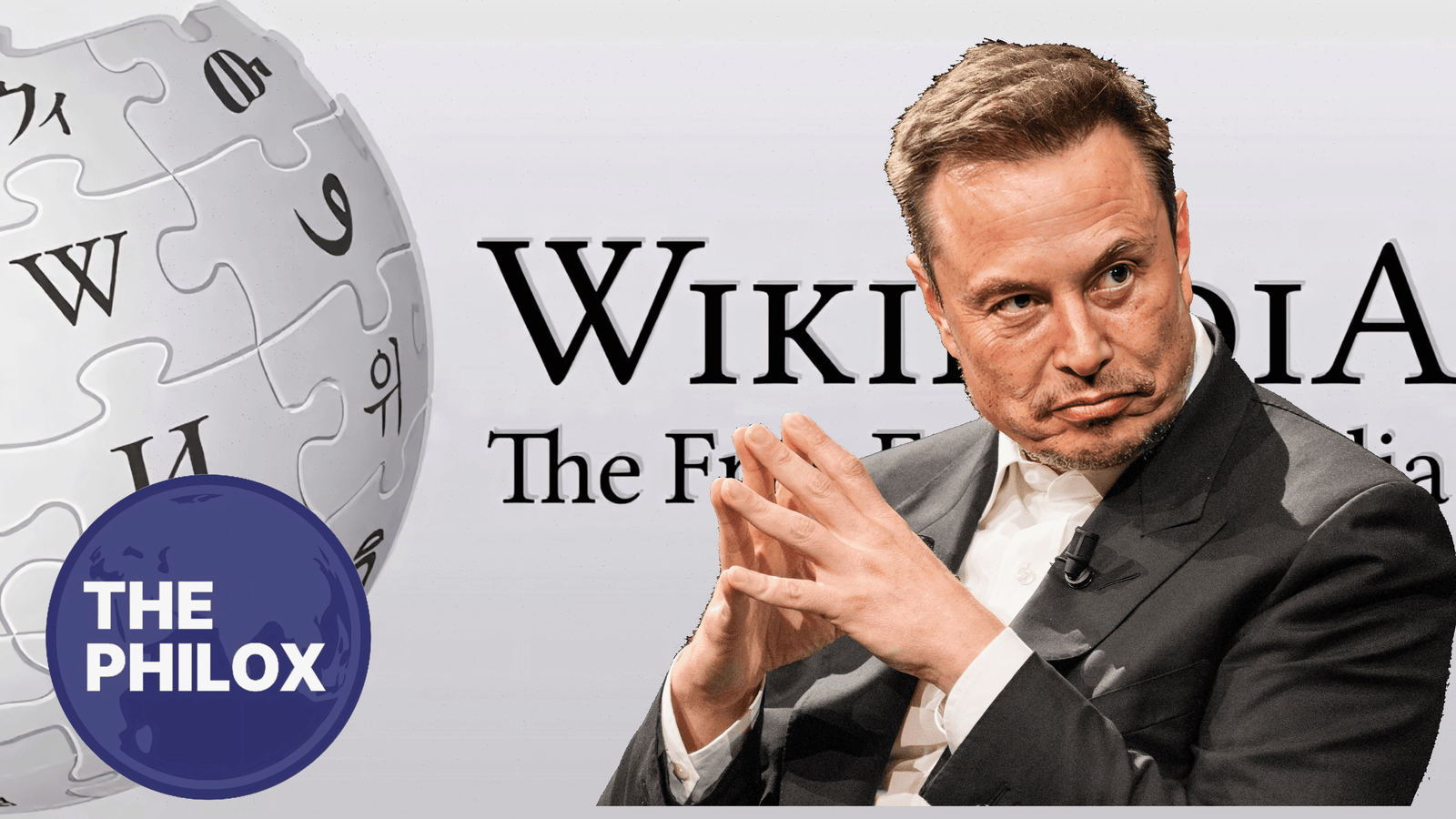Recent developments have amplified the tensions already existing between the two adjacent nations and pushed the relationship of Pakistan and Afghanistan to a very critical point.
It has been worsened because of cross-border attacks, the failure of the diplomatic efforts not to break any deadlock, and the continuous existence of militant groups.
Pakistan, in December 2024, conducted airstrikes across eastern Afghanistan, targeting hideouts of Tehreek-e-Taliban Pakistan or TTP, which have carried out various attacks inside Pakistan.
However, the Afghan Taliban government condemned the strikes, saying that they had killed 46 civilians, including women and children.
The incident has further strained already fragile relations between the two countries, bringing them dangerously close to an all-out conflict.
To understand the present-day crisis, it is therefore important to consider the historical background of the conflict; the role of militant groups like TTP; the cycle of hostilities across both borders; and the broader geopolitical implications.
The fast deteriorating security situation is not only placing Pakistan and Afghanistan in jeopardy but can prove to be a harbinger for the whole region.
Durand Line Dispute: A Long-term Cause of Tension:
At its heart, tensions between Pakistan and Afghanistan revolve around the Durand Line-the 2,640-kilometer (1,640-mile) border set out in 1893 by British India with the Emirate of Afghanistan.
Named after Sir Mortimer Durand, it was supposed to be a delineation of spheres of influence that never was ratified by successive Afghan governments.
The Durand Line has been regarded by Afghanistan as an imposed colonial border that splits Pashtun ethnic communities living on both sides of the divide.
The political tension between Afghanistan and Pakistan was increased by the refusal of Afghanistan to acknowledge the Durand Line as an official border following the independence of the latter in 1947.
The dispute and military clash have continued for decades due to the lack of proper demarcation and Afghan resistance to recognize the legitimacy of the border.
As was already explained that the Taliban government, after seizing power in 2021, continued Afghanistan’s stance regarding rejecting the border which further strained their bilateral relations between the two nations.
Latest cross border incidents and retaliations
The December 2024 airstrikes are one event in a series of cross-border clashes that have ratcheted up tensions between Pakistan and Afghanistan.
Earlier in March 2024, the TTP had carried out attacks that had killed a few Pakistani soldiers, after which Pakistan targeted Afghan military posts with airstrikes.
Afghan forces promptly responded by launching missiles and rockets on Pakistani military posts, leading to a dangerous cycle of retaliation.
All of these skirmishes are not events in isolation, but part of a larger event of increasing brutality.
With Taliban back in control, border clash between both states has increased thousands of folds owing to Pakistan concerns over cross border terrorism and resistance from Afghanistan, which does not want Pakistan incursions into her territory.
Extremely volatile situation pertains where any military action is taken by any of the nation, which very easily can engulf into a massive war.
Role of Tehreek-e-Taliban Pakistan (TTP)
Some reasons for the friction include the militant group TTP, which had been carrying out several terrorist operations in Pakistan.
TTP fighters have been camped on Afghan soil for long and used areas on the Pak-Afghan border as an operational base while targeting Pakistani troops and civilians for attack.
Kabul has been held responsible by Islamabad for providing asylum to TTP fighters and showing inadequate seriousness over decisive action.
There are several reasons the Afghan Taliban are averse to assuming the TTP. For one, the Afghan Taliban and the TTP share ideological and historical links; both trace their roots from the same people and at some point have fought side by side.
Two, any military action against the TTP may cause internal unrest within the Taliban ranks since there are factions within the Taliban who sympathize with the TTP’s cause.
Last but not least, the Taliban are afraid that in case they tighten their noose around the TTP, some of the militants might join IS-KP, another rival militant group that has been gaining momentum in Afghanistan.
This has left Pakistan frustrated since it has had to endure a rise in terrorist attacks from Afghan soil.
The Pakistani government has kept on requesting the Afghan Taliban to take steps against the TTP with no fruitful result.
Inability to address these security concerns has pushed Pakistan to resort to unilateral attacks on Afghan soil militarily, and this has worsened the relationship between the two countries.
Diplomatic Efforts and Struggle for Resolution
Despite multiple attempts at diplomatic engagement, a lasting resolution remains elusive. In recent months, Pakistani officials have engaged in talks with the Afghan Taliban leadership, urging them to crack down on the TTP and prevent further cross-border attacks.
However, these discussions have yielded little progress, as both sides remain entrenched in their respective positions.
The Afghan Taliban government has criticized Pakistan’s military operations as a violation of Afghan sovereignty, arguing that these attacks only heighten instability and make counterterrorism efforts more difficult.
On the other hand, Pakistan maintains that it has every right to defend itself against terrorist threats and will continue to act if Afghanistan does not take action to solve the problem.
This diplomatic stalemate has frozen relations to a standstill, both nations unwilling to budge.
Without meaningful dialogue and confidence-building measures, tension will be ratcheted up even more, further threatening the potential of increased violence.
The Human Cost of the Conflict
Escalating violence has caused myriad tragic implications for border-area populations. According to reports from international organizations, especially the United Nations Assistance Mission in Afghanistan, cross-border strikes have killed numerous civilians.
Independent estimates claim that airstrikes on December 2024 killed 46 civilians, comprised of women and children, and the body count is increasing as more and more innocent civilians fall prey to the guns.
In addition to the loss of life, the continued hostilities have resulted in mass displacement. Many families have been displaced from their homes because of the constant threat of violence.
The increased military presence in border regions has disrupted daily life, affecting access to essential services such as healthcare, education, and food supplies.
This already fragile situation in Afghanistan due to economic and security factors, has further complications because of humanitarian crises.
It is an added problem that has arisen since the Taliban came into power. Ongoing conflict between Afghanistan and Pakistan worsens all the economic conditions and will result in further aggravation of humanitarian conditions if proper action is not taken immediately, leaving the region at the behest of human disaster.
Geo-Political Consequences of the Pakistan-Afghanistan Conflict
The deteriorating relations between Pakistan and Afghanistan will have significant implications for regional stability and international security.
The western borders of Pakistan may become volatile, compromising its strategic partnership with China through the China-Pakistan Economic Corridor. Increased violence will deteriorate trade routes and infrastructure projects vital for Pakistan’s future economic growth.
Moreover, the war may attract other regional players who have stakes in this conflict. For example, India, Iran, and Russia are holding their breaths because the Afghanistan crisis would affect security situations globally.
Furthermore, the US and its partners continue to fear that terrorist groups will regroup again in this region, as Afghanistan has provided safe havens for these terrorist organizations.
The deteriorating security environment has once again opened room for the influence of non-state actors, including IS-KP.
If the Taliban fails to gain an upper hand and resolve the issues of security, Afghanistan would become a safe haven for international terrorist organizations once again, and threats could spill beyond the region.
The Urgent Need for Immediate Diplomatic Solution
These tensions between Pakistan and Afghanistan stem from deep-rooted historical grievances and unresolved border disputes, besides a host of militant groups which destabilize the area.
While perhaps neither party really wants an all-out war, the perpetual circle of violence and mistrust propels them down the slippery path of unintended escalation.
Both the states must forthwith focus more on diplomatic engagement and look for avenues for de-escalation of this matter. Joint security operations against militant groups and border management agreements may also help bring down tensions.
International mediation, too, may be required to facilitate dialogue so a full-blown crisis may be avoided.
Without meaningful steps towards resolution, this region risks becoming even more unstable, with calamitous consequences both for the countries involved and to the international community at large.
Stay Connected and Share Your Stories
For all those inspired by stories of resilience and ambition, follow us on X/Twitter and on Instagram . For those with untold stories that you would love to share, please send them to contact@thephilox.com




